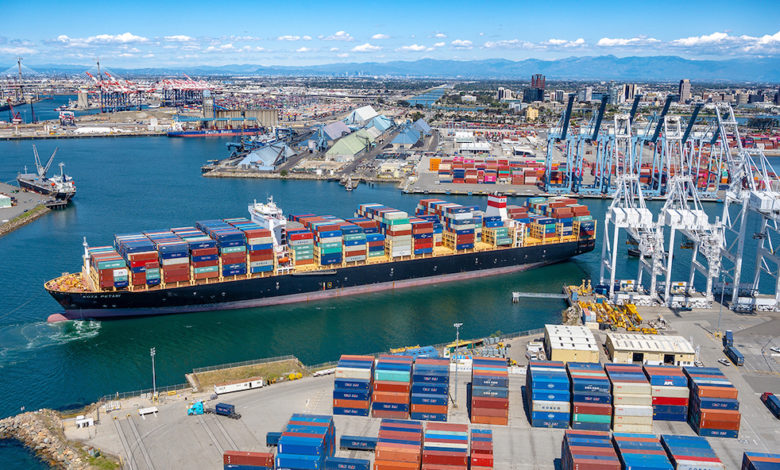Port of Long Beach data tool backed by Oakland, Northwest Seaport Alliance

The Port of Long Beach (POLB) last week unveiled its Supply Chain Information Highway digital initiative, a free-to-all service that delivers data for shippers and other stakeholders to integrate into their own systems to track cargo and allot resources. The Port of Oakland and The Northwest Seaport Alliance have since voiced their support for the data solution.
The data tool was announced in December 2021. POLB and its technology service vendor have been gathering and “normalizing” event data in recent months for an initial group of stakeholders, including a marine terminal operator, transportation providers and key beneficial cargo owners. Members of the testing phase group were invited to transmit data, query data and validate the results.
“The Supply Chain Information Highway is an inclusive solution that provides a common corridor for cargo data status from various sources to intersect in order to provide secure end-to-end visibility to thousands of customers and stakeholders that interact with the supply chain every day,” said Port of Long Beach Deputy Executive Director Dr. Noel Hacegaba. “It can be integrated into any proprietary system to enable users to make operational decisions, plan resources and minimize delays, and best of all, it will be free to the end user. We welcome the support of the Port of Oakland and Northwest Seaport Alliance. Their participation will help extend the reach of the Supply Chain Information Highway across the West Coast and eventually the nation.”
“Having this cargo visibility tool can help speed the supply chain and set a digital foundation for improving goods movement,” said Port of Oakland Maritime Director Bryan Brandes.
The Supply Chain Information Highway is being developed by St. Louis-based UNCOMN. The company has worked for more than 10 years supporting the Department of Defense’s US Transportation Command, US Army Surface Deployment and Distribution Command, and US Air Force Air Mobility Command in areas such as data analytics, cloud application development and cloud data environment development.
